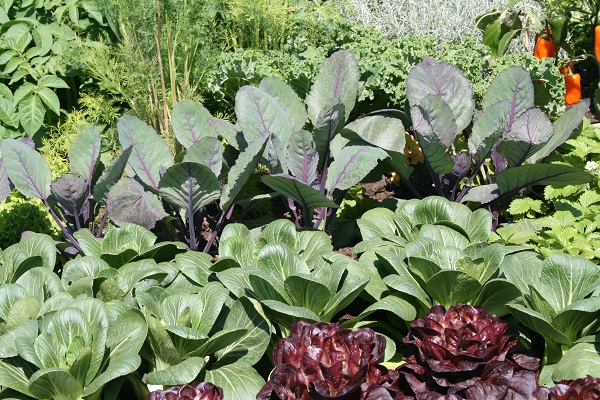The Intergovernmental Panel on Climate Change (IPCC) report 2019 highlights that climate change is affecting all four pillars of food security: availability (yield and production), access (prices and ability to obtain food), utilization (nutrition and cooking), and stability (disruptions to availability).
The report suggested that balanced diets with plant-based foods, such as coarse grains, legumes, fruits and vegetables, and animal-sourced food produced sustainably in low greenhouse gas emission systems, present major opportunities for adaptation to and limiting climate change.
This could enable a more resilient food system and make more land available for bioenergy, while still protecting forests and natural ecosystems.
“Policies that support sustainable land management, ensure the supply of food for vulnerable populations, and keep carbon in the ground while reducing greenhouse gas emissions are important for more sustainable land use, reducing over-consumption and waste of food, eliminating the clearing and burning of forests, preventing over-harvesting of fuelwood, and reducing greenhouse gas emissions, can also help to address land related climate change issues.”
What you can do
- Ideally buy local food from farmers and growers directly if possible,or from farmers markets.
- Buy organic, and buy only what you need.Food waste is something we can all help to reduce.
- Grow your own organic vegetables and fruit. Each month we have tips on what to do in the garden, what’s in season and what to preserve.
- Use companion planting systems to increase yield and minimise pests
- Grow pollinator friendly plants.
- Use crop rotation to help improve soil fertility and crop yield.
- Eat less meat.
- Vote for Governments that encourage a sustainable food system, ensuring food security and nutrition for future generations.


